There has been an alarming 26% rise in intensive US-style factory farms in the UK since 2011. In Northern Ireland alone, permissions are currently being sought for 14 new pig factories. One of these would become the largest in the the UK, producing 80,000 pigs per year. This is planned to be built in a beautiful location near where many Game Of Thrones scenes were filmed. Jerome Flynn (Serr Bronn of the Blackwater in Game Of Thrones) is helping raise awareness of the impacts that these factory farms will have on animals, people & planet in 9 short, informative videos.
1. Wildlife Destruction
Animals are fed on imported soya rather than locally produced feed. Imported GM soya is grown on cleared Rainforest and Cerrado habitats in South America, using vast quantities of pesticides & herbicides such as Monsantos Roundup. Huge quantities of waste from factory pig farms pollutes the air and contaminates rivers, lakes and the sea, causing fish kills and destruction of aquatic wildlife.
2. Poisoned Rivers
The largest pig factory planned for the UK would produce 66,000 tonnes of untreated waste every year. This has to spread on the surrounding fields – poisoning rivers, killing fish & ruining local tourism. Rivers can not cope with the excess nutrients causing a process called eutrophication. This removes oxygen from the rivers and results in huge numbers of fish kills.
3. Animal Cruelty
Animals are reduced to units of production, rather than sentient beings with physical and psychological needs. Factory farms cram animals into barren, overcrowded sheds where they are unable to express natural behaviour such as running, playing, rooting and wallowing. They are routinely dosed with antibiotics, just to keep them alive in such awful conditions.
4. Antibiotic Overuse
There is reckless overuse of antibiotics in pig factories in order to keep pigs alive in inhumane, stressful & overcrowded conditions. Medical experts warn that antibiotic resistance from such overuse will make even the most basic operations impossible to perform. The latest government Review on Antimicrobial Resistance reports that the overuse of antibiotics in pig factories is a significant cause of antibiotic resistance in many human diseases. In 2015, an investigation by The Guardian revealed that MRSA CC398 (a resistant strain of MRSA that can pass to humans) was found in pork products sold in Sainsbury’s, Asda, the Co-operative and Tesco.
5. Impact on Human Health
Pig factories create a toxic brew of allergens, fungi, viruses, bacteria & antibiotic resistant bacteria. Studies have shown that flies can carry bacteria up to 250m from pigs, or from fields where slurry is being spread – affecting local schools, hospitals & residential properties. In September 2016 a survey of low welfare (Red Tractor) pork in UK supermarkets by the Alliance to Save Our Antibiotics found that 63% of the samples were contaminated with antibiotic-resistant E.coli, bacteria that cause life-threatening kidney infections and blood poisoning. The survey also found resistance to the antibiotic Trimethoprim on 51% of pork and poultry samples from seven major UK supermarkets.
6. Lining ‘Fat Cat’ Investors Pockets
In N.Ireland there are plans to replace 26,000 family farms with 6,000 US-style factory farms. Locals were not consulted & opposition has been ignored, while most of the strategy authors stand to gain financially from its implementation. None of the profits will stay in the local economy & people will be left with no ownership or sense of community – just stench & pollution.
7. Electricity From Animal Exploitation
A 26% rise in US-style factory farms in the UK has been fuelled by subsidies for electricity generated from animal waste. Investment companies have hijacked these payment schemes for enormous profits, at the detriment to both animals & environment. We need green alternatives to fossil fuels, but exploiting animals is not the answer.
8. A Broken Planning System
“It’s as if the people responsible for the planning system now have lost their soul. And there’s almost a culture within the planning system that it has to give 100% approval to these developments. But that’s where they’re wrong. The planning system is about balance. It’s about sustainable development. It’s about protecting rural communities & environments.” James Orr, Director of Friends of the Earth Northern Ireland.
9. Destruction of Local Economies
Cheap imports are forcing our farmers to get big or get out. High street chains are pushing down prices to compete. This flawed global system tortures pigs, kills fauna & flora and sucks money out of the local economy.
Share This Article
Related ArticlesView All
Ching He Huang says #TurnYourNoseUp at Factory Farming
TV chef and food writer Ching He Huang MBE, says #TurnYourNoseUp at factory farming. Her food ethos is to use… Read More
Anaerobic Digesters Facilitating UK Factory Farm Expansion
Malcolm McAllister, CEO of Farm Renewables UK, paints a rosy picture of the anaerobic digester (AD) plants which his company… Read More
Is Red Tractor High Welfare?
When it comes to buying pork, the Red Tractor label does not offer any assurance that the pigs were raised… Read More
Cruel Farmers or a Cruel System?
The horror story experienced by US pig farmers who, between May and September, will have cruelly euthanized 10 million pigs,… Read More
Factory Pig Farms Create New Strain of Swine Flu, Scientists Warn
A new strain of the swine flu virus, H1N1 G4, has been detected both in pigs and humans in China…. Read More
Farm Expert Interview 6: Dr Immo Fiebrig
Dr. Immo Norman Fiebrig from Germany, a licensed pharmacist and PhD in biochemistry explains his ‘Corona Triangle Hypothesis’ where mapping… Read More
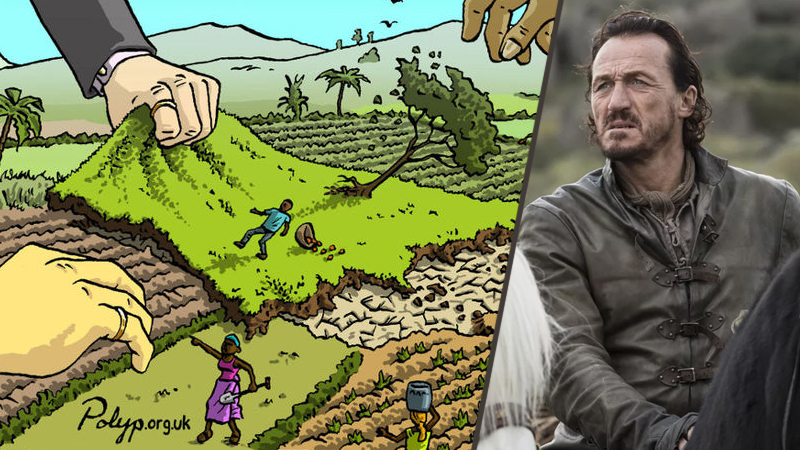

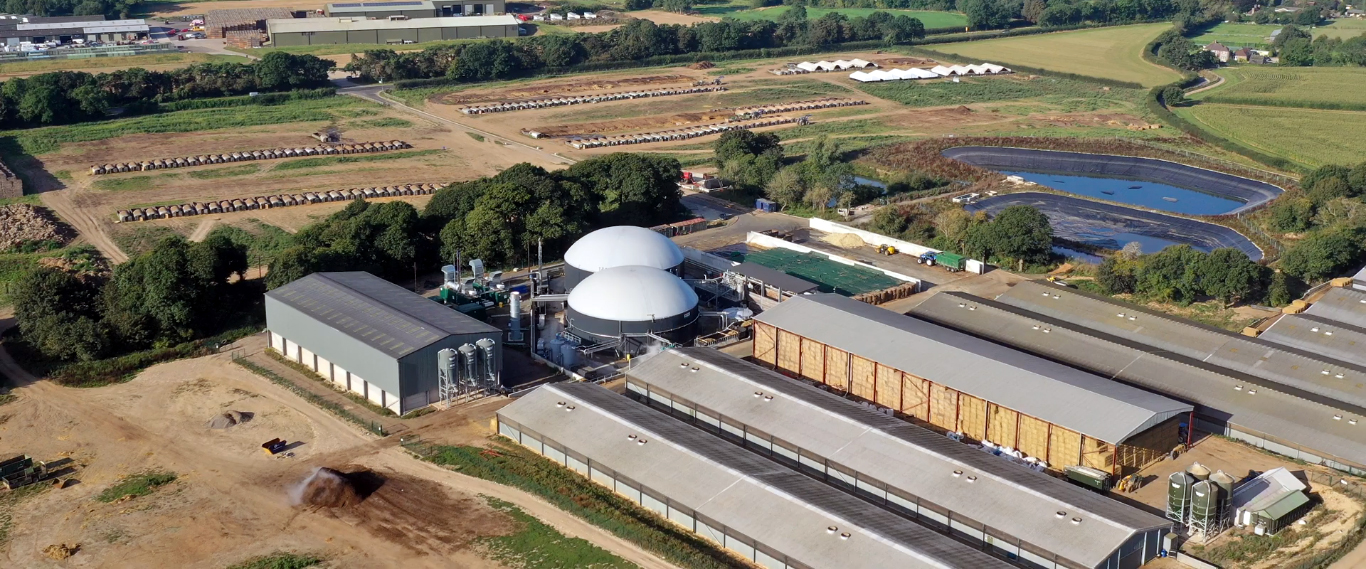
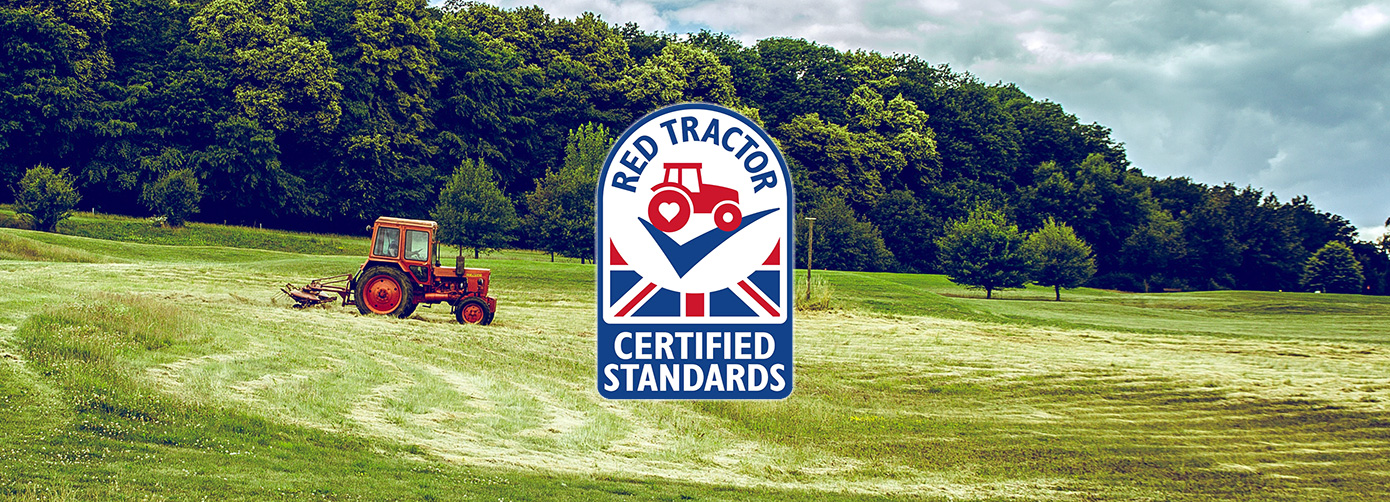
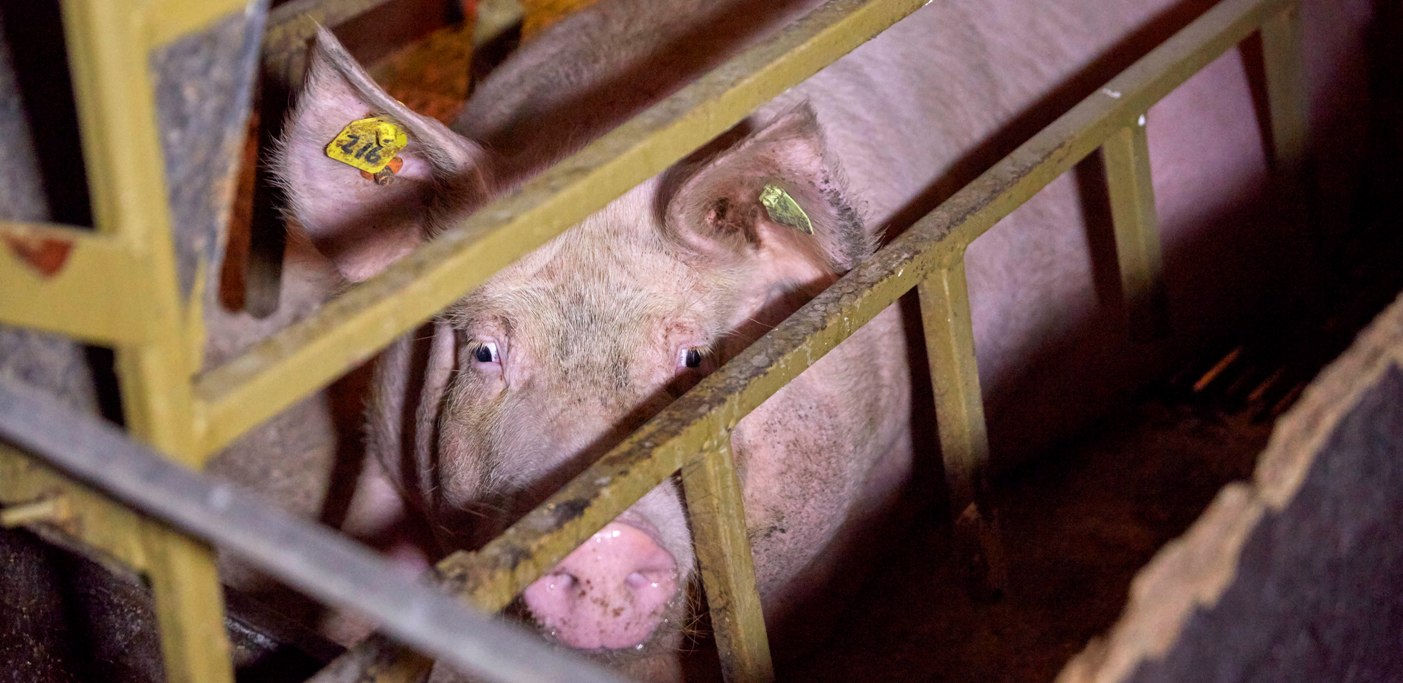
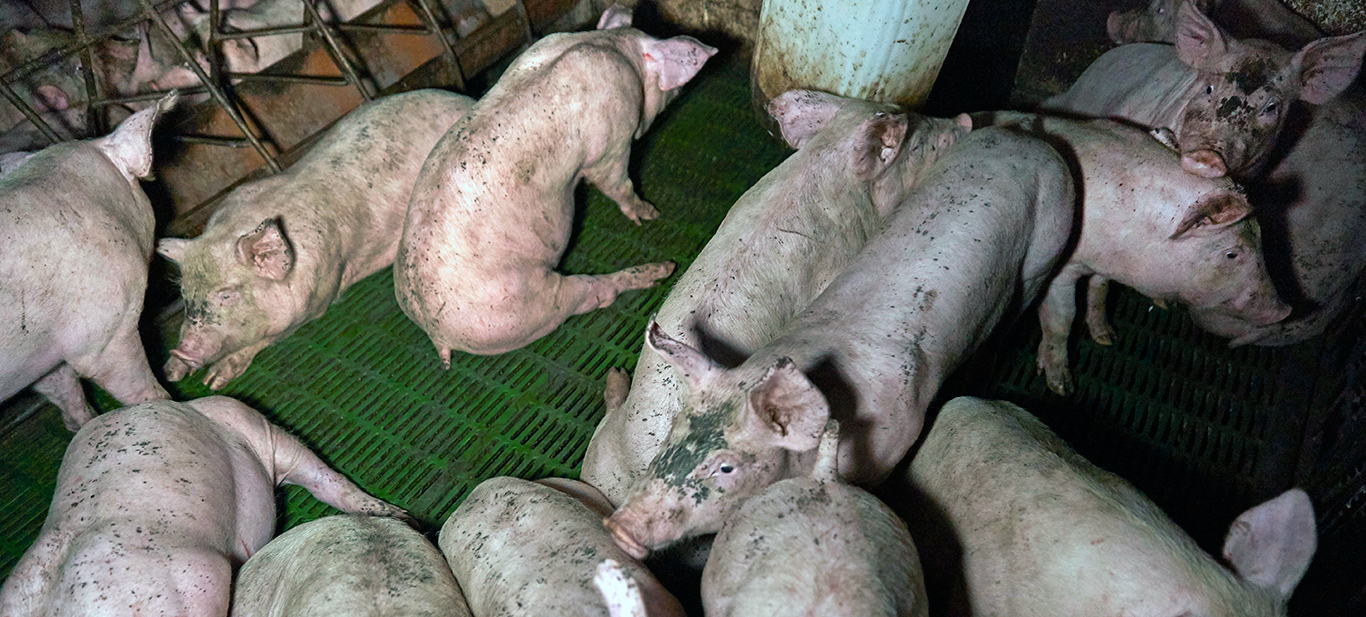

Who is the author of this blog?